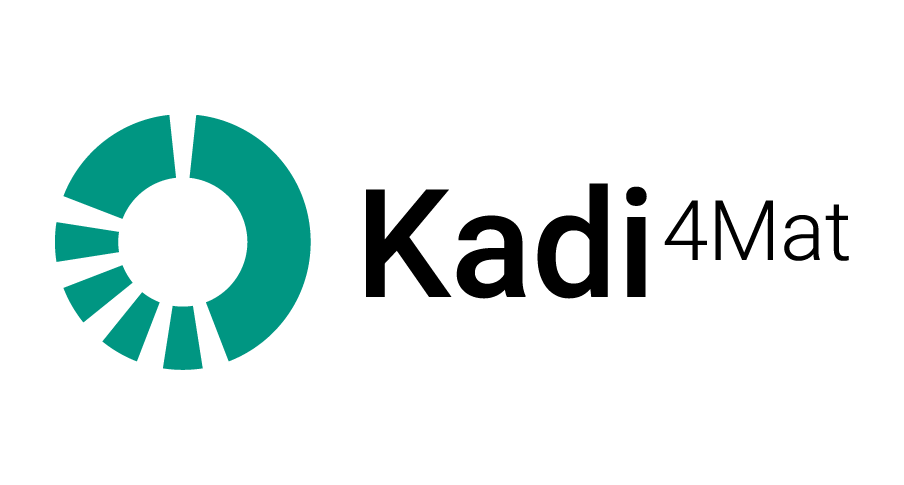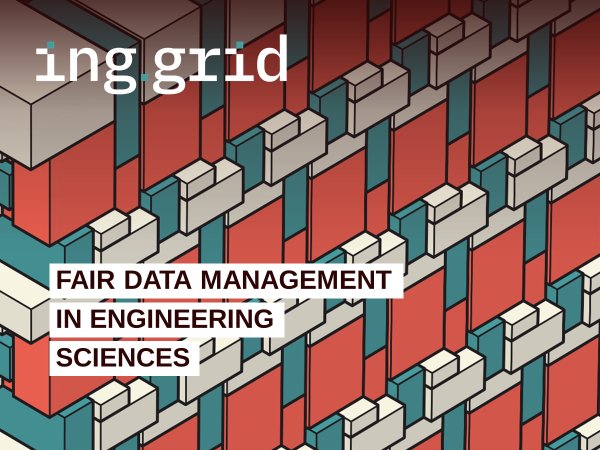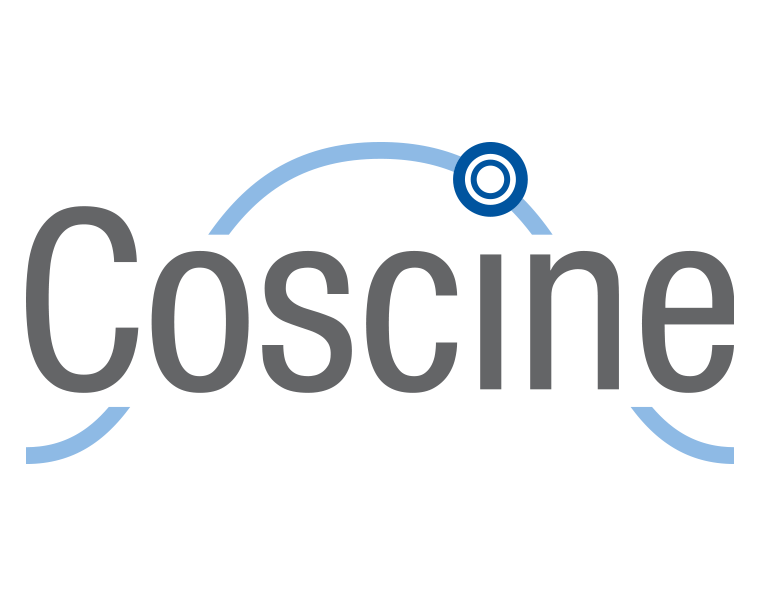
MARGE – Multi-Access Research Gateway for HPC Experts
Are you an engineer in a project to (re-)program scientific code? Or are you a student in a likewise project? Or maybe you are a project/data manager looking for some inspiration and advice? Then this Knowledge Base might be just for you!
We cover multiple topics regarding the development of scientific software, e.g. Version Control and Continuous Integration.





